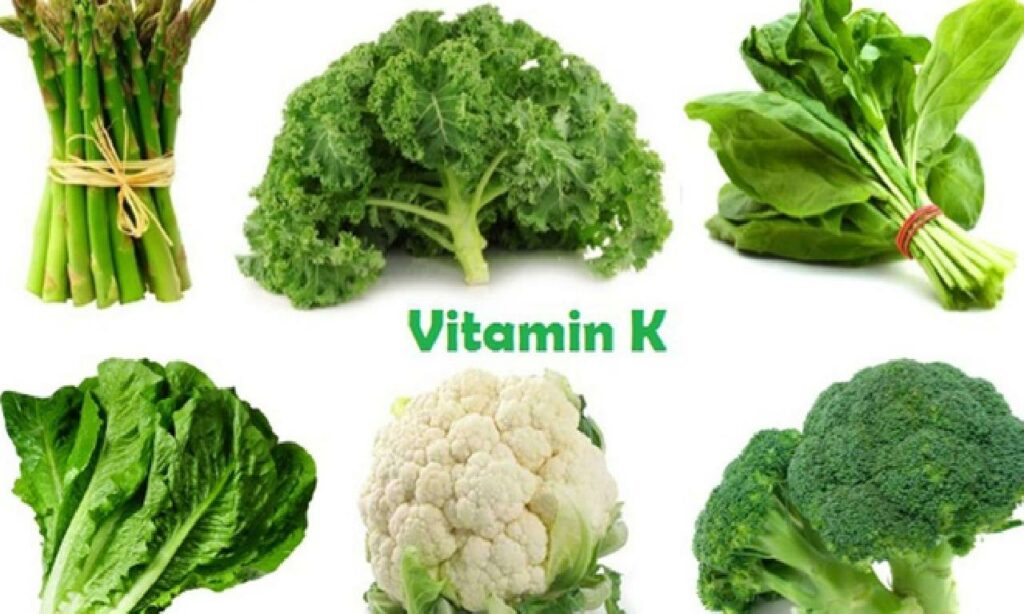Introduction
Bone Health
Vitamin K2, a subgroup of vitamin K, is essential for bone health. It works in tandem with other nutrients, such as calcium and vitamin D, to regulate calcium metabolism in the bones. Vitamin K2 activates proteins that help bind calcium to the bone matrix, contributing to bone mineralization and density. Adequate levels of Vitamin K2 are associated with a lower risk of fractures and osteoporosis, making it a key player in maintaining strong and healthy bones.
Cardiovascular Health
Vitamin K2 plays a crucial role in cardiovascular health by helping to prevent the calcification of arteries. This process, known as arterial calcification, involves the inappropriate deposition of calcium in the arterial walls, leading to stiffness and atherosclerosis. Vitamin K2 activates matrix Gla-protein (MGP), a protein that inhibits arterial calcification, thus promoting arterial flexibility and reducing the risk of cardiovascular diseases such as heart attacks and strokes.
Cancer Prevention
Some research suggests that Vitamin K2 may have potential anti-cancer properties. It is thought to inhibit the growth of cancer cells and induce apoptosis, the programmed cell death of damaged cells. While more studies are needed to fully understand the mechanisms and extent of its anticancer effects, Vitamin K2 shows promise in cancer prevention, particularly in relation to certain types of cancer, such as prostate and liver cancer.
Blood Clotting
Like all forms of vitamin K, Vitamin K2 is essential for blood clotting. It facilitates the synthesis of clotting factors in the liver, preventing excessive bleeding in the case of injury. While deficiencies in Vitamin K2 are rare, inadequate levels can lead to impaired blood clotting, potentially resulting in prolonged bleeding or bruising. Maintaining an appropriate level of Vitamin K2 is crucial for normal blood coagulation.
Anti-Inflammatory Properties
Vitamin K2 has been associated with anti-inflammatory effects, helping to reduce inflammation in the body. Chronic inflammation is linked to various health conditions, including cardiovascular diseases, arthritis, and autoimmune disorders. By modulating the inflammatory response, Vitamin K2 may contribute to overall well-being and play a role in preventing or managing inflammatory conditions.
Improved Dental Health
Vitamin K2 is implicated in dental health, particularly in preventing and treating conditions like cavities and gum disease. It aids in the regulation of calcium, ensuring that it is directed to the bones and teeth rather than soft tissues. By promoting proper calcium metabolism, Vitamin K2 supports the health of teeth and gums, contributing to a lower risk of dental issues.
Hormonal Regulation
Vitamin K2 has been linked to hormonal regulation, particularly in menopausal women. It is believed to help balance hormones, reducing the risk of conditions like osteoporosis and supporting overall hormonal health. While more research is needed in this area, the potential role of Vitamin K2 in hormonal balance makes it an intriguing topic for further exploration.
Improved Cognitive Function
Emerging research suggests a potential connection between Vitamin K2 and cognitive function. Some studies propose that Vitamin K2 may contribute to brain health by protecting against neuronal damage and supporting the synthesis of sphingolipids, which are essential for maintaining the structure and function of brain cells. While more research is needed to establish a definitive link, the potential cognitive benefits of Vitamin K2 make it an area of interest in neurological research.
Joint Health
Vitamin K2 may play a role in joint health by helping to prevent calcium from accumulating in the joints. Excessive calcium in the joints can contribute to conditions like osteoarthritis. By supporting proper calcium metabolism and preventing its deposition in the wrong places, Vitamin K2 may contribute to maintaining healthy joints and reducing the risk of degenerative joint diseases.
Anti-Aging Effects
The role of Vitamin K2 in preventing arterial calcification, supporting bone health, and reducing inflammation contributes to its potential anti-aging effects. As age-related conditions often involve factors such as calcification, inflammation, and bone density loss, Vitamin K2’s multifaceted benefits may play a role in promoting overall longevity and healthy aging.
In conclusion
Vitamin K2 is a vital nutrient with a range of benefits for overall health. From promoting bone and cardiovascular health to potential roles in cancer prevention, anti-inflammatory effects, and hormonal regulation, its impact on various physiological processes is significant. Ensuring an adequate intake of Vitamin K2 through a balanced diet that includes sources such as fermented foods, certain cheeses, and animal products is essential for reaping its benefits. As with any supplement or nutrient, it’s advisable to consult with a healthcare professional to determine individual needs and address any concerns related to Vitamin K2 intake.

